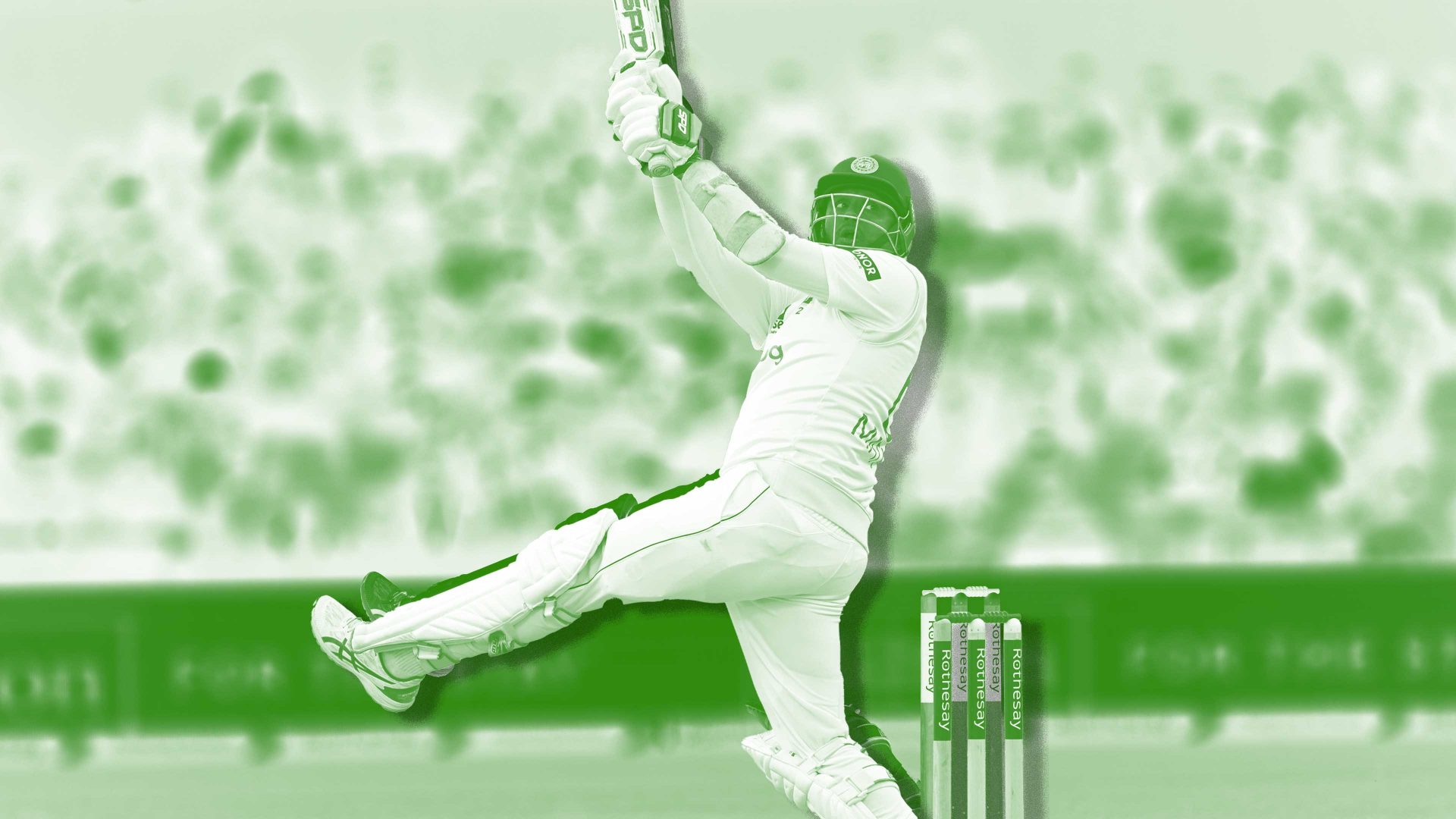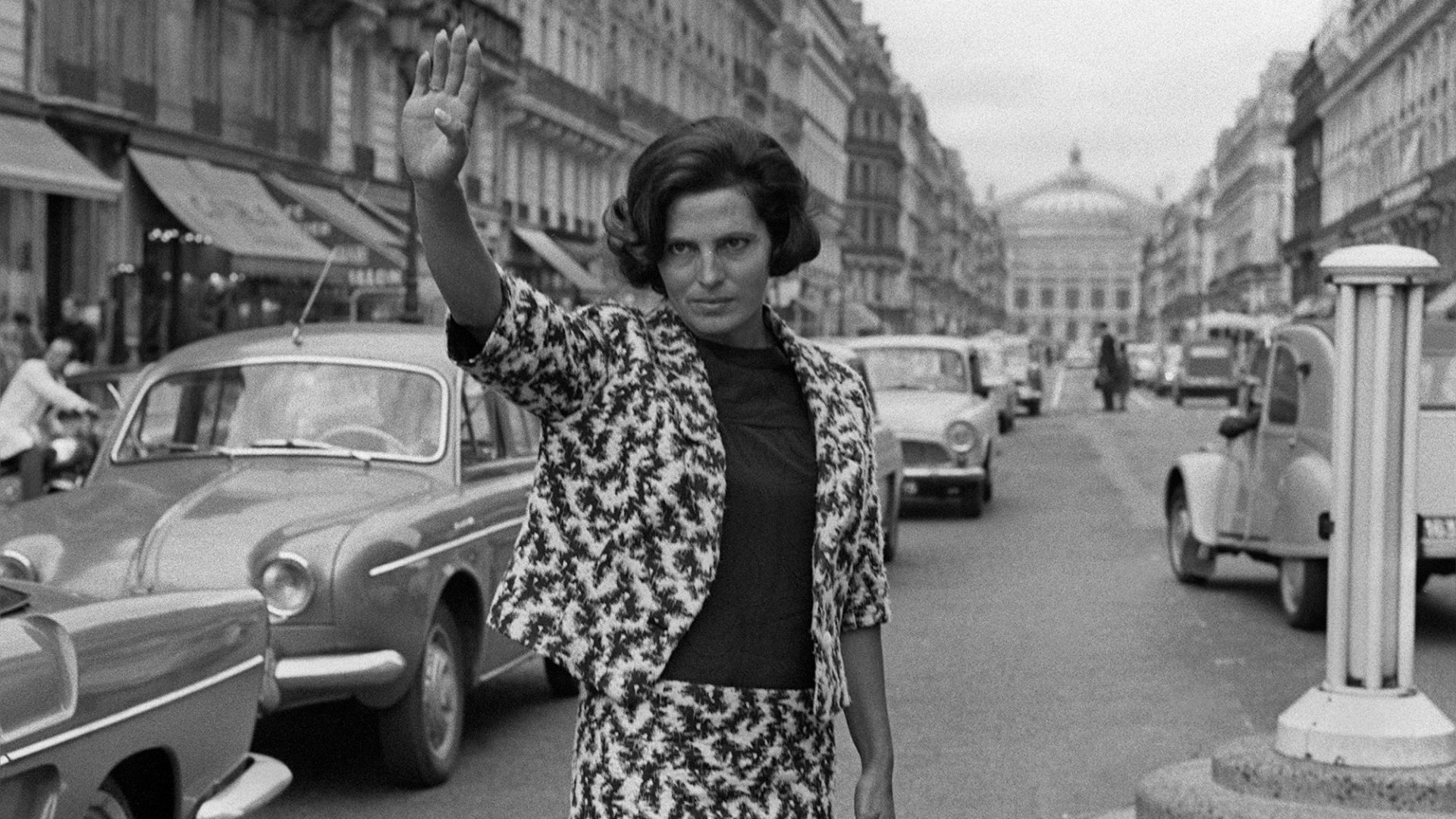Keen fans of Test cricket will have noticed that, among the Sri Lankan squad of cricketers who toured England this summer, there are not only players with names which are, to Anglophone people, of a relatively unfamiliar Sri Lankan type, such as Karunaratne, Jayasuriya, and Rathnayake, but perhaps a little more surprisingly, also one player called Mathews.
Angelo Mathews is a highly successful all-rounder and a former captain of the Sri Lankan national team. He is a Catholic Christian who was born in Colombo, Ceylon – since 1972 officially known as Sri Lanka – to a Sri Lankan father, Tyronne Mathews, and a Burgher mother, Monica.
The Tamils in Sri Lanka are mostly Hindus, though a good proportion of them are, like Tyronne, Christians.
The Tamil language has the second largest number of speakers in Sri Lanka after Sinhala. It is a member of the South Indian Dravidian language family, which also includes Telugu, Kannada, and Malayalam.
The majority of Tamil speakers in the world are found in the state of Tamil Nadu in south-eastern India, 30-odd miles across the Palk Strait from Sri Lanka; but it is also one of the official languages of Singapore (TNE, May 27, 2021). There are currently also significant Tamil-speaking populations in Malaysia, the Philippines, Mauritius, South Africa, and Indonesia.
The Sinhala language, also known as Sinhalese or Singhalese, is spoken natively by about three-quarters of the population of Sri Lanka, who are predominantly Buddhists. Interestingly, although it is spoken in the far south of the Indian subcontinent, Sinhala is not a Dravidian language but an Indo-Iranian language which originally came from north-western India, and is related to Marathi and Gujarati.
But who are the Burghers? They are in fact a very interesting people, historically, ethnically and linguistically, comprising a small Eurasian ethnic group descended from Portuguese, Dutch, British and other Europeans who were involved in colonial activities on the island and who intermarried with native Sri Lankans and settled in the country.
The mixed-race Burghers were legally defined in 1883 by the then colonial chief justice of Ceylon, Sir Richard Ottley, as those whose father was born in Ceylon, with at least one European ancestor on their direct paternal side, regardless of the ethnic origin of their mother or of which other ethnic groups might be found on the father’s side. Because of this definition, Burghers almost always have European-language surnames (mostly of Portuguese, Dutch or, like Angelo Mathews, British origin, but sometimes also German or French).
In addition to Sinhala, Tamil and other Asian languages, such as Malay, plus English, the multicultural nature of Ceylon society during the 1500s and 1600s led to the growth of a new mixed language which we now refer to as Sri Lankan Portuguese Creole (SLPC), which is not unlike the Portuguese-based creole of Macao (see TNE #342).
Portuguese colonists started arriving in Sri Lanka in 1505, to be followed by the Dutch, who were the dominant colonial power from 1658 to 1796; and the creole does also show some influence from Dutch.
SLPC was an important lingua franca, a language of wider communication, on the island for over three and a half centuries, and continues to be spoken today by a small and diminishing number of Sri Lankans, all of them apparently members of a subset of the Burgher community.
BURGHER
The term Burgher is basically the Dutch word burger, which means “citizen” or “town dweller”. It has the same origin as the French word bourgeois as well the archaic English word burgess “inhabitant of a borough”, which was applied particularly to someone involved officially with the administration of the relevant urban area.




